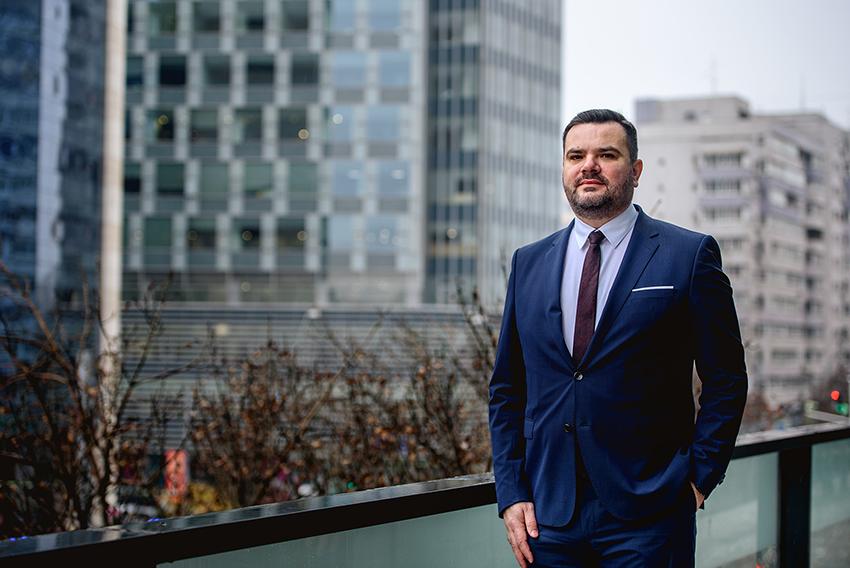2025-07-24
markets

Over the past five years, property management in Bucharest has undergone a profound transformation, shaped by green building standards, technological innovation, and shifting tenant demands. In a Q&A with CIJ EUROPE, Costin Nistor, Managing Director at Fortim Trusted Advisors, outlines how these changes are redefining the role of property managers and how Fortim is positioning itself as a leader in the evolving real estate landscape. According to Nistor, all new office buildings delivered in Bucharest over the past five years—totaling over 675,000 sqm—have secured green certifications such as BREEAM or LEED, a clear indication of the city’s growing emphasis on quality and sustainability. Rising energy costs and a heightened demand for healthy workspaces, particularly in the aftermath of the pandemic, have compelled owners of older buildings to modernize and align with current expectations. “The buildings are becoming greener and smarter,” says Nistor. “They are now equipped with advanced tools that not only monitor safety and budgets but also track real-time performance.” This shift has also redefined what clients expect from their property managers—no longer limited to administrative functions, they now seek strategic support to enhance asset value, implement ESG measures, and harness digital solutions for more responsive management. One of the biggest challenges property managers face today, especially with high-density and mixed-use assets, lies in optimizing data and technology. “What cannot be measured cannot be managed,” Nistor emphasizes. “We need clear strategies and access to accurate data to fully understand and improve building performance.” At the same time, there is increasing pressure to deliver social value by creating healthier, safer, and more resilient tenant communities. Sustainability is central to Fortim’s approach. The company assists clients in planning their ESG strategies, overseeing modernization projects, and achieving green certifications. Nistor points to successful implementations at America House and Maestro Business Center as examples of how Fortim integrates sustainability into its daily property management operations. These efforts are supported by digitalization tools that streamline operations and improve energy efficiency. Remote and hybrid work models have further reshaped expectations around office buildings. Nistor notes that employers now seek locations that go beyond functionality to offer lifestyle benefits. “Modern tenants are drawn to buildings that provide dining options, fitness facilities, and cultural programs—places that help employees feel more engaged and motivated to return to the office.” To support this trend, Fortim has developed a custom mobile app for premium building under its management. These apps allow tenants to manage visitors, access building services, and take advantage of exclusive offers from local businesses. They also serve as a platform for community engagement through charity drives and social events. Looking ahead, Fortim’s strategy involves expanding its portfolio and strengthening its role as a full-service partner. “Our focus is not only on asset and property management but on being a one-stop shop,” Nistor explains. “We offer everything from leasing and regulatory support to green certifications and marketing. This integrated approach helps boost the market value of our clients’ properties and ensures long-term success.” As competition intensifies in Bucharest’s commercial real estate market, Fortim Trusted Advisors is embracing innovation and sustainability as cornerstones of its growth strategy. Through a combination of expert management, community engagement, and forward-thinking solutions, the company aims to set a new standard in property management across Romania. © 2025 www.cijeurope.com

